Philanthropy411, in partnership with the National Network of Consultants to Grantmakers, is currently covering the Council on Foundations conference with the help of a blog team. This is a guest post by Henry A. J. Ramos, Principal at Mauer Kunst Consulting and Lead Consultant for the Diversity in Philanthropy Project.
By: Henry A. J. Ramos
On the final morning of the Council on Foundations conference, I attended the Social Justice track’s concluding session, entitled: “Bringing it Home” – an engagement designed to advance agreement on how funders can better work together on the issues and more effectively achieve broadly beneficial impacts.
This one could have gone south quickly in any number of directions, from becoming an immediate snoozer to a food fight. But frankly, to my great delight, it ended up being one of the more thoughtful, honest and informative conversations I have attended at any recent Council meeting.
The panel included an impressive array of field leaders and practitioners. The moderator, Stephen Heintz, CEO of Rockefeller Brothers Fund, did a superb job of framing the discussion and moving it along in ways that broadly engaged audience members and helpfully encapsulated the core take aways from the broad ranging exchange.
One of Heintz’s strongest moves was to invite audience members, right up front, to declare the key issues and interests they wanted the session panelists to focus on. And then, to Heintz’s great credit and that of the panel presenters, the session proceeded to deliver on the audience’s requests.
Panel members included Karen Zelermeyer, executive director of Funders for LGBTQ Issues and a leading representative of the Joint Affinity Groups, Aaron Dorfman of the National Committee for Responsive Philanthropy, Bob Ross, president of The California Endowment, and Albert Ruesga, CEO of the New Orleans Foundation.
Early on, session participants agreed to advance an honest, unedited conversation on the issues. A consequence of this agreement was to take the ensuing discussion “off the record” where attributing quotes for broader public consumption is concerned. Hence, I am not at liberty to quote individual panelists or audience members here. But following generally are some of the gems they collectively produced in the course of the session.
Power and Social Justice
As a field, we have a significant problem still acknowledging that real power disparities lie at the heart of lingering social justice challenges; we tend to focus, accordingly, on investment strategies that too often fail to address the root causes of lingering inequality, rather than the secondary or tertiary manifestations thereof.
Scaling the Best Models
One of the greatest hurdles preventing broader impact among social justice grantmakers is the still relative lack of funder alignment and coordination that would enable the field more aggressively to take the best and most proven models of grantee impact to scale through joint funding and project replication strategies.
Balancing External Outputs with Needed Internal Changes at Our Institutions
The need for more strategic and aggressive grantmaker action in the social justice space does not solely implicate our external grantmaking, communications and advocacy work; it also compels us to look at and improve our internal organizational policies and practices so they are more directly in sync with our stated social justice values.
Giving Voice to the Voiceless
Possibly the most significant problem we need to overcome to become more effective social justice funders is the relative absence of authentic grassroots voices in foundation decision making. Our boards and staffs, even when they are ostensibly diverse, tend to consist of social and economic elites, rather than those who remain immediately affected by social justice disparities. So until and unless we actually begin to give meaningful representation to those most affected by the issues in our governance, problem identification and program work, we will continue to experience real problems achieving the results we all seek.
Promoting Movement Building
Another huge imperative facing social justice grantmakers is the need to encourage a broader emphasis on movement building, rather than mere project funding around similar but finally isolated and disconnected social change efforts. Movement building requires sustained, long term investments in coordinated campaigns that empower multiple disadvantaged grassroots groups to increase their collective bargaining power and impacts on matters of public policy and social investment. Some session participants pointed to health care reform as one area in which more collective organizing efforts helped to produce the recent historic changes in national health insurance eligibility passed in the current Congress. Others pointed to immigration reform as still another area where more concerted action can help to inform still needed change.
Encouraging Boundary-Crossing
Participants at the Bringing it Home session also importantly surfaced the need to get away from more traditional, siloed grantmaking strategies in favor of more cross-cutting investments. Thus rather than funding separate and disconnected grants to organizations operating in traditionally segmented fields — from health and education to community development and civic participation, grantmakers need to fund more boundary-crossing work that builds on the common interests of groups doing important things in these and other domains. They also need to fund more coalition building efforts involving diverse groups that afford opportunities to build on the multiple identities that increasingly characterize society’s neediest populations rather than segmenting funding in ways that effectively isolate groups by race, gender, neighborhood and other, sometimes limiting divides.
Growing and Strengthening the Constituency
A very important observation surfaced throughout the Bringing it Home session was the need to encourage expansion in the ranks of social justice funders. Many expressed the view that speaking merely to the choir is not producing the ideas or resources that contemporary social justice advances require. Some questioned what it would take to spur additional institutions to come to this work. But, interestingly, without disagreeing with this important perspective, still other session panelists and participants asserted that even within the ranks of the committed there is much room for improvement in the ways we seek impact in the form of more coherent and aligned investment strategy and advocacy.
Advancing the Conversation
In closing, one of the more interesting suggestions of the day was proposed and broadly accepted by panel and audience members; namely, to organize an in-depth follow up conversation that would culminate in an intensive 3 hour workshop exchange of interested parties at next year’s COF Annual Conference. The idea is to build a more coherent social justice funding practice. The follow up session would enable participating funders in in-depth fashion: 1) to dissect real life case studies of grantmaker strategies that appear to be most conducive to broader field support and scaling; 2) to review and work towards adopting internal foundation protocols that discernibly affect social justice advancements (from governance and appointments to contracting and investments); and 3) to encourage broader partnership and coherence in foundations’ social justice funding efforts. It will be especially interesting to see if there is indeed any follow up on this interesting and somewhat novel idea.
In recent years, we have seen the sad demise of important social justice funder groups, like the National Network of Grantmakers and Changemakers. A resulting void has emerged and lingered. This void badly needs to be filled in order to push the broader funding community to pay much greater attention to the issues. Tuesday’s session, “Bringing it Home” may have established a road map for more concerted and effective grantmaker collaboration and impact on the issues looking to the future.






